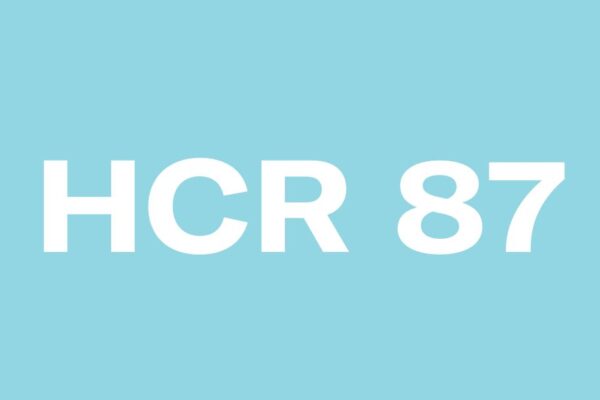Equity in Education
All of Delaware’s students deserve a safe, equitable, and proficient education. Addressing inequity in education at the roots of the issues can help us make that vision a reality.
Violations of students’ rights, historic underfunding of public schools, systemic racism, and harsh disciplinary practices are all-too-common occurrences behind school walls.
OUR VISION
Delaware schools should foster an environment where all students belong by including students in academic and enrichment experiences that prepare them for life after grade school – both academically and personally.
All students are valued.
Inclusive schools embrace elements of safety and health by reducing school discipline rates, engaging students in enrichment activities, and increasing access to accelerated classes.
Delaware's students are our future.
Increasing student engagement is possible through a focus on student participation in academic leadership, civic engagement, peer-to-peer mentoring, and relationship building.
Want to hear about news, events, volunteer opportunities, and more? Join our email list.
CHECK OUT THE REPORT!
Charter School of New Castle (CSNC): Education Equity and Safe Schools Initiative 2021-2023 Model for Creating an Inclusive School Climate
By: Melva L.Ware, ACLU-DE Consultant for Curriculum Development and Evaluation

The ACLU of Delaware has made significant investments in Education Equity and Safe Schools in the state. We have taken a more granular look at elements of equity. These are defined in research that examines the essential value of school climate and social-emotional factors that influence achievement and reflect, at the school building and classroom levels, a school’s commitment to inclusive practices that allow all students opportunities to thrive. This work has proceeded by responding to a key question that should establish a framework for working within any school community that seeks to craft inclusive school practices.
Many in education pursue equity through single dimensions with the most prevalent being budget and financial resources. While funding is important, spending levels alone do not produce equitable access to high quality educational opportunities.
OUR WORK
Scholars Engaged for Action (SEFA)
Students who are involved in their larger communities through school programs often feel a sense of inclusion and belonging in their own school communities, leading to better education outcomes and a path of civic engagement that can last far beyond their grade school years.
School Discipline
Children should be educated, not incarcerated. We challenge policies and practices within public school systems and the juvenile justice system that contribute to the school-to-prison pipeline.
Fair Discipline Online Toolkit
By replacing out-of-school suspensions with more effective non-punitive interventions, schools will consciously create more inclusive cultures. Comprehensive studies indicate that inclusive school cultures reduce sources of stress in the lives of children and families. Non-punitive, restorative discipline practices support the development of responsive relationships for young people with adults.
GET INVOLVED
Education Equity Ambassadors Program
Are you concerned with violations of students’ rights, underfunding, systemic racism, and harsh disciplinary practices in Delaware public schools? Are you interested in becoming a trained advocate for a safe, equitable, and proficient education for all Delaware students? Become an Education Equity Ambassador!
Education Equity Ambassadors (EEAs) complete an paid training over the course of six sessions to better understand and navigate avenues for change, and to grow the skills necessary to become community advocates on education equity issues such as budget equity, restorative justice, inclusion, and health and safety and more.
For more information about the Education Equity Ambassador program, contact Shannon Griffin at [email protected].


